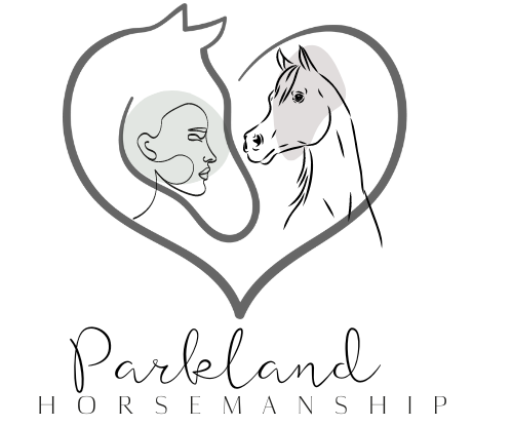As prey animals, horses are highly aware of their environment and sensitive to human emotions – making them the ideal partners with which humans can learn and advance themselves.
Brenna has witnessed many incredible breakthroughs during her time at EAT, such as an non-verbal student who surprised everyone when she told the horse what color ring she desired!
1. Empathy
Horses possess an innate herd culture. They thrive on trust, structure and clear leadership. Forming relationships with horses takes similar care as when creating relationships with people.
Horse hearts are 10 times larger than human ones, creating an electromagnetic field that humans can detect. Many find they can form relationships with these magnificent animals through this interaction.
Horses have proven invaluable to those suffering from PTSD, depression, anxiety, anger management, self-esteem issues and stress related disorders as well as behavioral disorders like ADHD. Furthermore, horses have also been used to treat physical ailments like cerebral palsy as well as disabilities like behavioral tics and motor control disorders – including motor control disorders caused by behavioral tics or behavioral tics themselves! Furthermore, research indicates that riding horses may improve balance coordination and muscle strength.
2. Connection
Horses have long been companions of humans, providing transportation and power during work hours as well as recreation in leisure time. From backyard pets to competition horses to therapy horses and equine-assisted learning participants, horses provide humans with an emotional support network that helps manage stress.
WellPower’s NextChapter (formerly 2Succeed) program provided survivors with a place for healing and empowerment where peers supported each other. This experience proved transformative.
Horses mirror our emotions, providing participants with a non-threatening way to develop trust, respect and honesty skills that they can apply in all their relationships including those with family and employers.
3. Self-Discovery
Horses are herd animals that thrive under trusting, structured leadership. Participants build relationships with horses that reflect their own relationship experiences – helping to uncover strengths, improve communication and self-awareness while managing emotions in a safe, non-threatening environment.
Horses are prey animals that are adept at sensing human environments and emotions, providing nonjudgmental therapy interactions to address past trauma and foster present-moment connections.
People experiencing mental health challenges, emotional trauma, addictions and recovery or any other life issues often find forming an attachment with horses transformative. By seeing life more objectively through their eyes of an animal they can take steps towards changing behaviors or lives for the better.
4. Leadership
Equine-assisted sessions help participants develop leadership skills such as self-confidence, communication and trust. Many find these lessons relevant in their relationships or life situations.
As horses are prey animals, they must constantly remain aware of their surroundings to determine whether or not they are safe. Many humans can relate to this ability of sensing danger quickly and responding accordingly.
Spending time with horses can be a powerful way of breaking through barriers of fear and overcoming obstacles that hold us back from reaching our full potential. Our relationship with them releases oxytocin, a natural bonding hormone similar to when spending time with loved ones; this creates lasting change and provides us with a sense of accomplishment that can be applied directly into daily life.
5. Communication
Working with horses allows clients to explore ways of expressing themselves they hadn’t before, with horses providing sensitive attention that helps develop empathy and better understand emotional responses.
Example: the rocking motion of a horse mimicking human movements helps children with autism or behavioral issues build trust, while for war veterans suffering PTSD building rapport with their horses provides a therapeutic outlet.
When discussing personal struggles or sensitive topics, it can often be easier to externalize these experiences by associating them with the horse’s experience. This enables more open and honest communication with a therapist which may lead to deeper levels of healing and self-discovery for clients.

